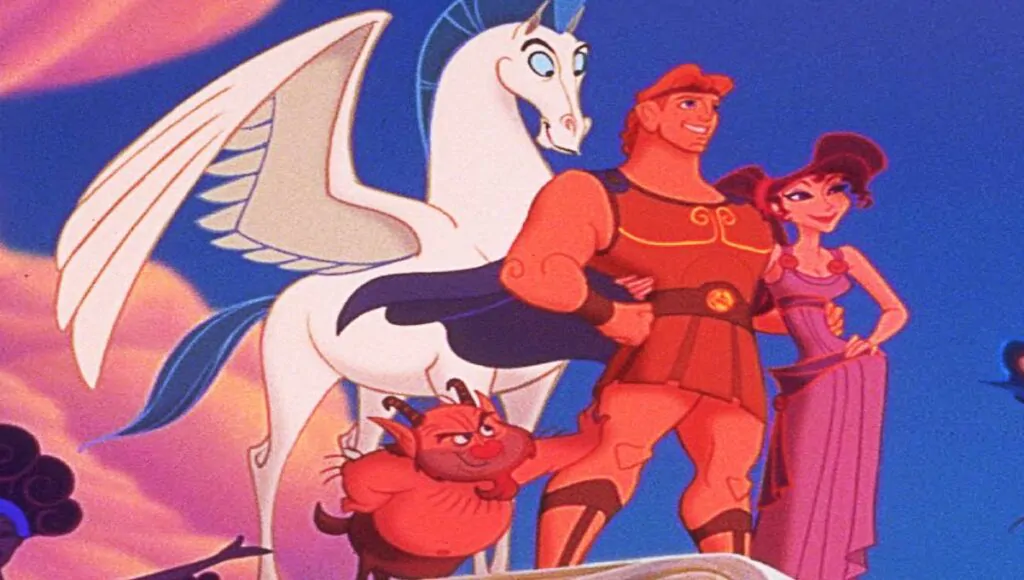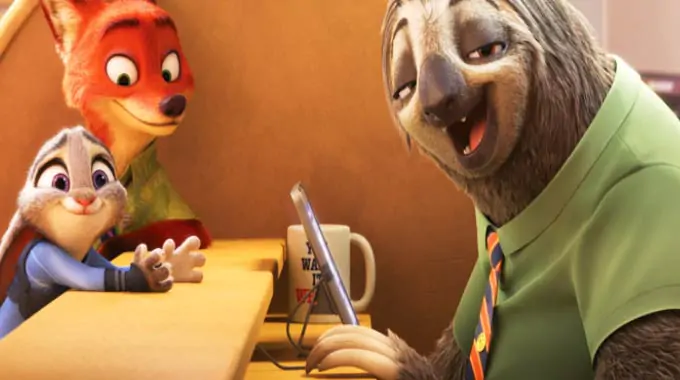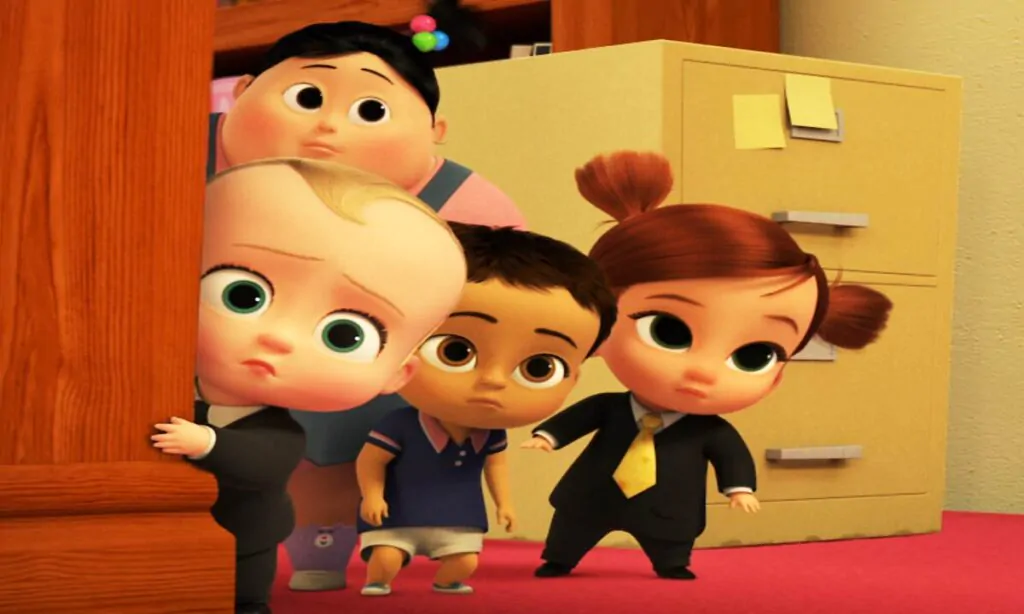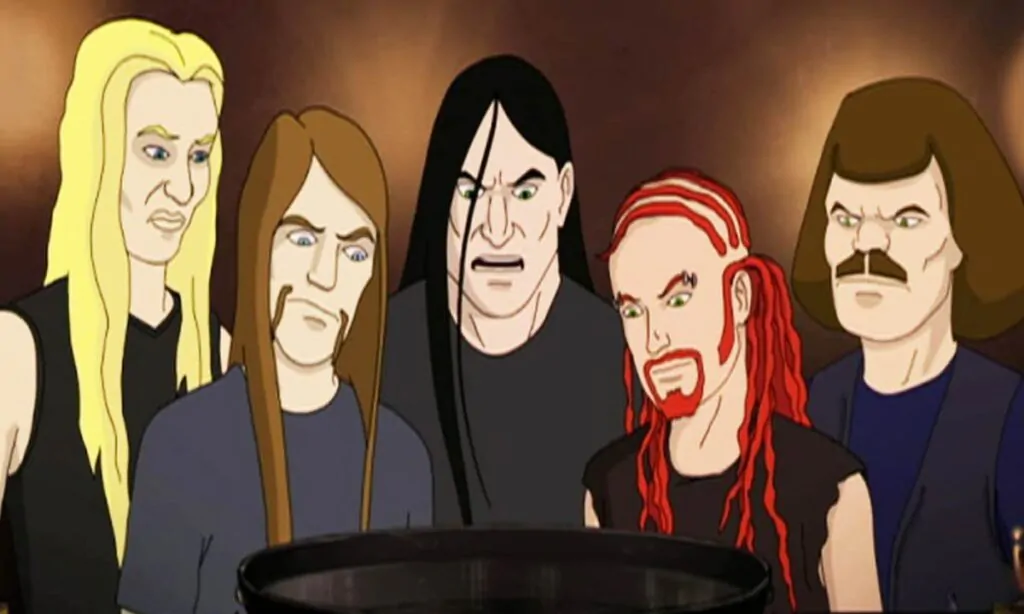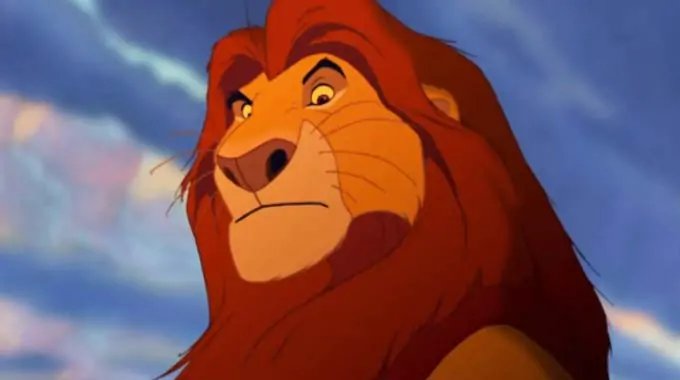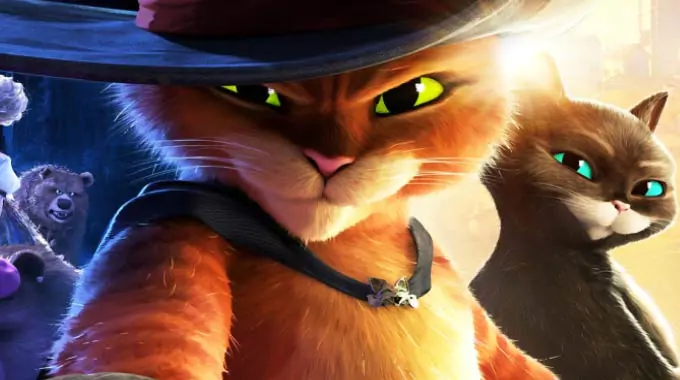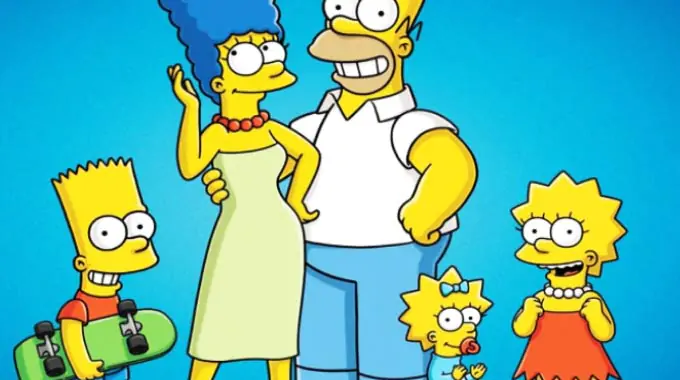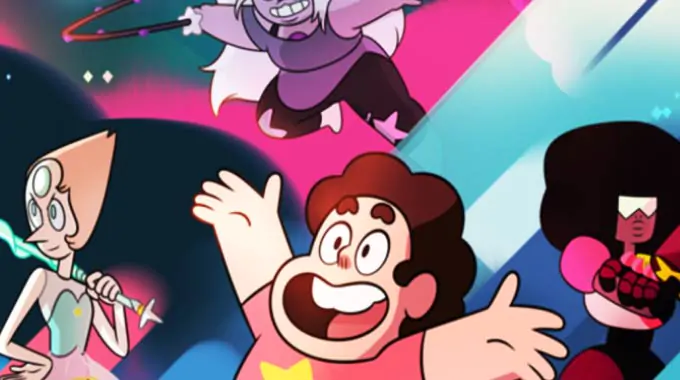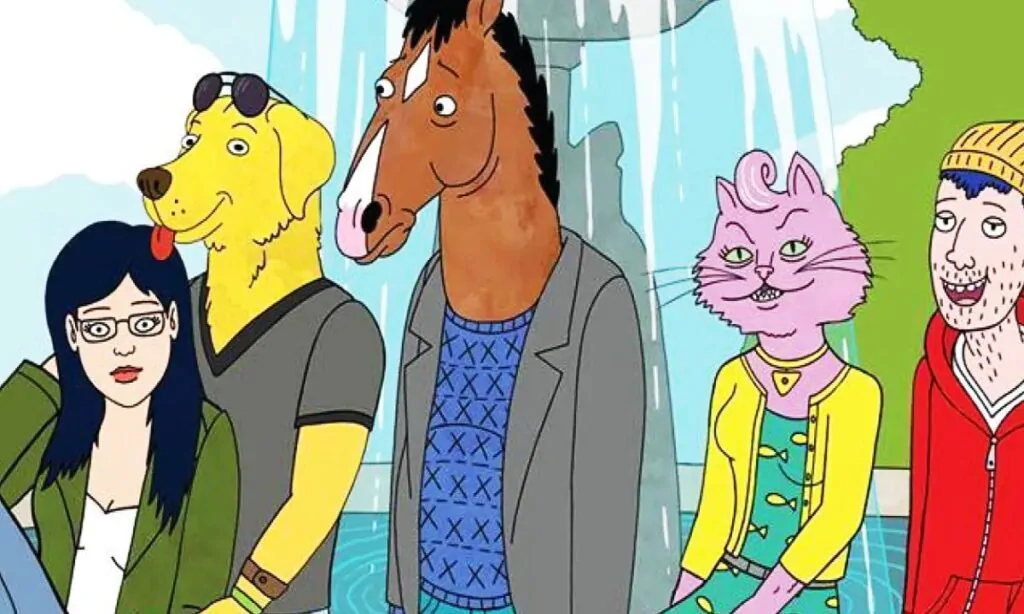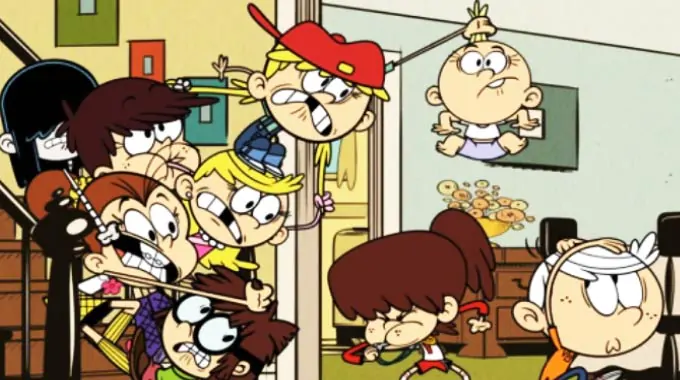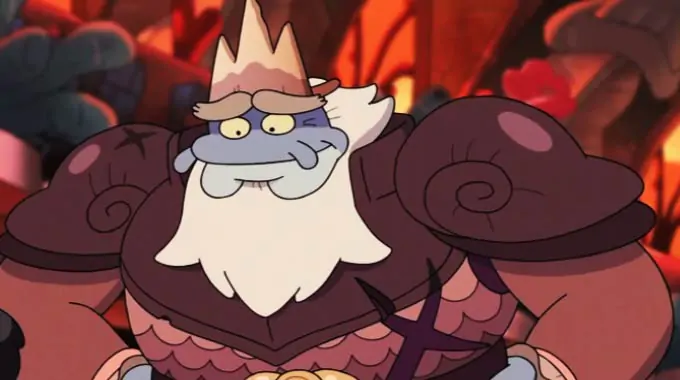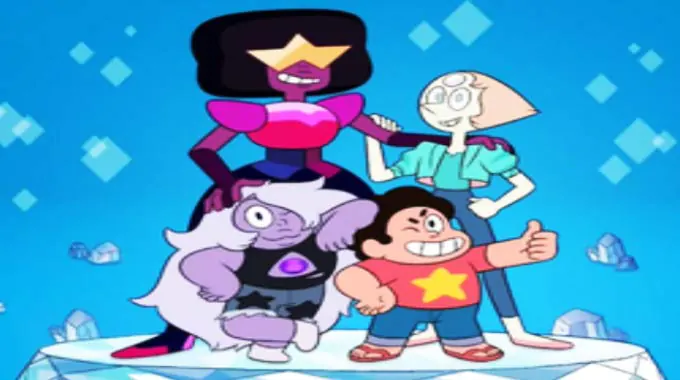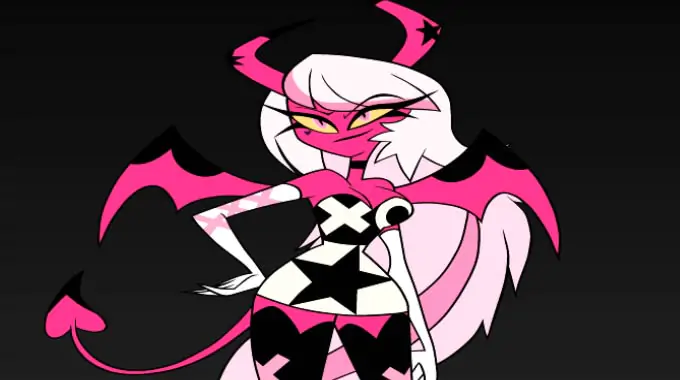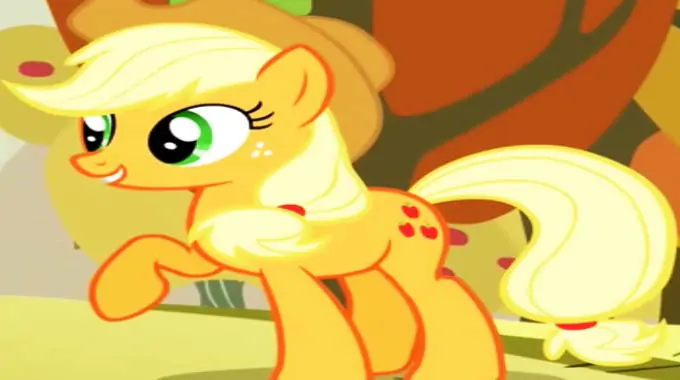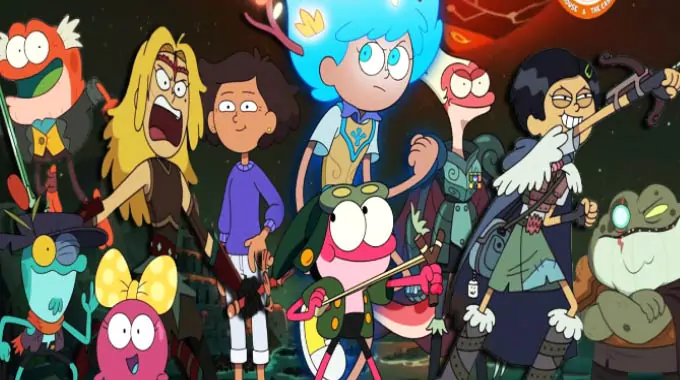List of Top 10 Best Antz Characters:
10. Grebs
Everyman Ant: Grebs represents the ordinary, everyday ant within the colony. His experiences and perspectives mirror those of the broader population, making him a relatable character for the audience.
Desire for a Better Life: Like many other worker ants, Grebs harbors a desire for a better life and a fairer society. He becomes caught up in Z’s rebellion as he seeks to improve his own circumstances and those of his fellow ants.
Symbol of Unity: Grebs’s involvement in the rebellion underscores the unity and solidarity among the ants as they come together to challenge oppression. His actions highlight the collective strength that arises when individuals unite for a common cause.
9. Muffy
Privilege and Entitlement: Muffy represents the privileged elite within the ant colony, enjoying a life of luxury and comfort. Her sense of entitlement blinds her to the struggles of the lower classes, leading her to dismiss Z’s revolutionary ideas.
Ignorance and Naivety: Muffy’s ignorance and naivety prevent her from understanding the injustices perpetuated by the colony’s social hierarchy. She remains oblivious to the suffering of others until confronted with the harsh realities of General Mandible’s plans.
Transformation and Growth: Over the course of the film, Muffy undergoes a transformation as she comes to realize the true nature of the society in which she lives. Her growth symbolizes the potential for change even among those who benefit from the status quo.
8. Chip
Loyalty and Camaraderie: Chip is a loyal friend and ally to Weaver and Z, standing by their side in times of trouble. His camaraderie and loyalty strengthen the bonds between the characters and contribute to their collective resilience.
Courage in Adversity: Chip demonstrates courage and bravery in the face of adversity, particularly during moments of danger or conflict. Despite being a relatively minor character, his actions highlight the importance of ordinary ants standing up for what they believe in.
Team Player: Chip’s willingness to work as part of a team reflects the collaborative spirit of the ants as they unite against oppression. His contributions, however small, play a crucial role in the larger struggle for freedom and equality.
7. Barbatus
Wisdom and Guidance: Barbatus serves as a wise mentor figure to Z, offering valuable guidance and advice throughout the film. His experience and insight help shape Z’s understanding of the world and his role in challenging the status quo.
Historical Perspective: Barbatus provides a historical perspective on the colony’s past, offering insights into how the current social hierarchy came to be. His knowledge of ant history informs Z’s understanding of the need for change and reform.
Symbol of Tradition: As an elderly ant, Barbatus represents tradition and the old ways of the colony. Despite his advanced age, he remains committed to the values of equality and justice, inspiring others to join Z’s cause.
6. Azteca
Representative of the Working Class: Azteca represents the oppressed working class within the ant colony. Like many other worker ants, she toils tirelessly without recognition or reward, highlighting the inequalities and injustices inherent in the colony’s social structure.
Desire for Change and Equality: Azteca shares Z’s desire for change and equality within the colony. She becomes involved in Z’s rebellion against the established order, risking everything to fight for a better future for herself and her fellow ants.
Strength and Resilience: Despite facing adversity and hardship, Azteca demonstrates remarkable strength and resilience. She refuses to be silenced or oppressed, standing up against injustice and playing a crucial role in the struggle for liberation.
5. General Mandible
Ambition and Authoritarianism: General Mandible is driven by ambition and a desire for power and control. He represents the authoritarian leadership within the ant colony, seeking to impose his vision of a stratified society where only a select few hold power and privilege.
Manipulation and Deception: General Mandible is skilled in manipulation and deception, using propaganda and coercion to maintain his hold over the colony. He presents himself as a visionary leader while concealing his true motives and the harsh realities of his plans.
Conflict with Z and Bala: General Mandible’s plans for a new colony conflict directly with Z and Bala’s desire for equality and freedom. He becomes the primary antagonist of the story as he schemes to eliminate anyone who opposes him, including Z and those allied with him.
4. Colonel Cutter
Military Discipline and Authority: Colonel Cutter embodies the strict military discipline and authoritarian control within the ant colony. As a high-ranking officer, he enforces obedience and conformity among the ants, adhering strictly to the hierarchy and rules of the colony.
Initial Opposition to Rebellion: Colonel Cutter initially opposes Z’s rebellious actions and challenges to the established order. His allegiance lies with General Mandible and the existing power structure, leading him to view Z’s actions as a threat to stability and order.
Internal Conflict and Doubt: Despite his unwavering commitment to duty, Colonel Cutter experiences internal conflict and doubt as the events of the story unfold. He grapples with conflicting loyalties and begins to question the morality of General Mandible’s plans, ultimately facing a pivotal moment of choice between allegiance and conscience.
3. Weaver
Loyalty and Friendship: Weaver is characterized by his unwavering loyalty and friendship towards Z. He stands by Z’s side through thick and thin, offering support and companionship throughout their journey.
Humor and Levity: Weaver brings humor and levity to the story with his laid-back attitude and witty remarks. His humorous antics provide much-needed comic relief amidst the film’s more serious themes.
Bravery and Resilience: Despite his easygoing nature, Weaver proves to be brave and resilient in the face of danger. He rises to the occasion when called upon to support Z and the other ants in their struggle against oppression.
2. Princess Bala
Royal Duty vs. Personal Freedom: Bala grapples with the expectations placed upon her as a princess and her desire for personal freedom. Her longing for independence drives her to defy societal norms and seek a life of her own choosing.
Empathy and Compassion: Despite her privileged position, Bala demonstrates empathy and compassion towards those less fortunate, such as Z and the other worker ants. Her empathy motivates her to join Z in his quest for equality and justice.
Strength and Determination: Bala displays inner strength and determination as she navigates the challenges and dangers of the outside world. She refuses to be confined by her status as a princess and actively participates in shaping her own destiny.
1. Z
Individuality and Dissatisfaction: Z stands out among his fellow ants due to his dissatisfaction with the regimented life of the colony. His quest for individuality drives the central conflict of the story as he seeks a life beyond the confines of his predetermined role.
Courage and Leadership: Despite his initial reluctance, Z demonstrates remarkable courage and leadership qualities as he challenges the oppressive social order of the colony. He inspires others to question authority and fight for their rights.
Character Growth: Throughout the film, Z undergoes significant personal growth, evolving from a self-doubting worker ant to a confident leader. His journey highlights themes of self-discovery and resilience.
